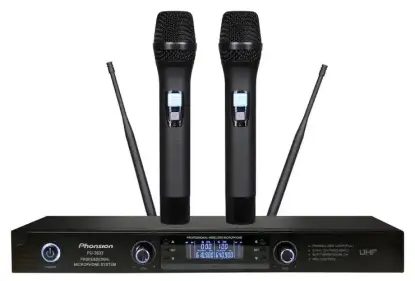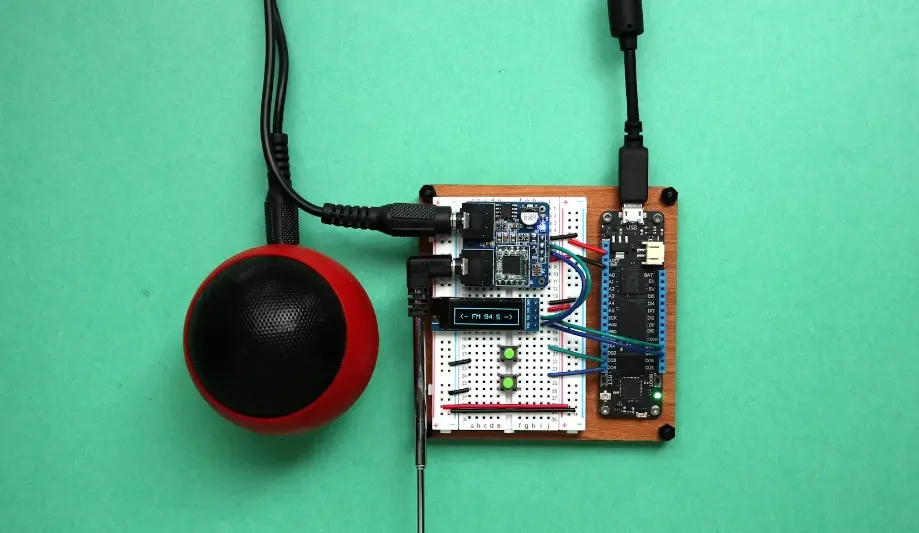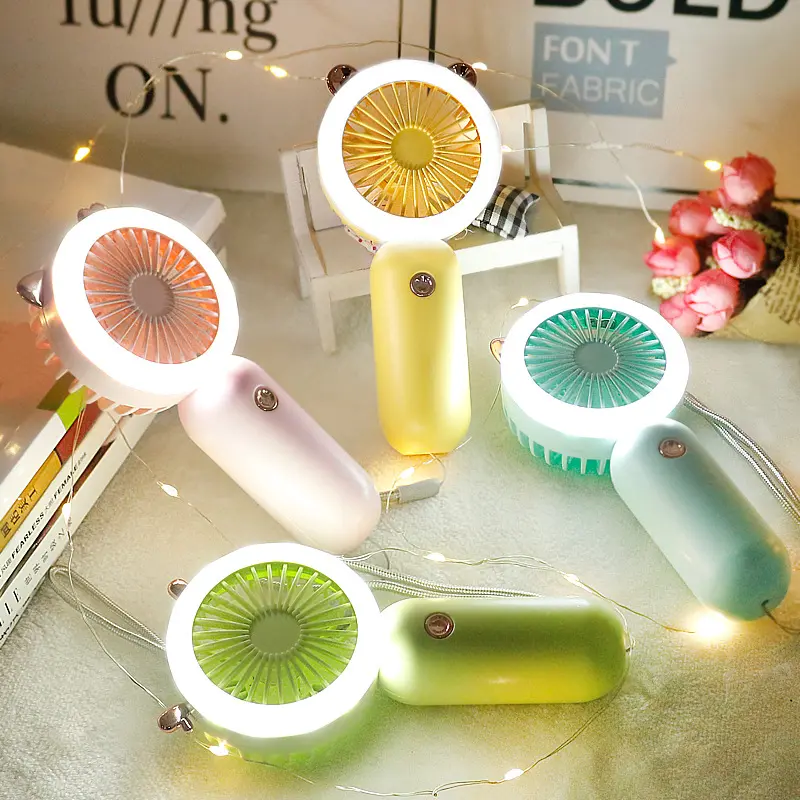
Compliance for Battery-Operated Products on the TMEU Platform
Currently, products with batteries listed on the TEMU platform require a series of relevant certifications to ensure product safety, compliance, and environmental protection.
CE-Battery Certification
Definition and Purpose: The CE-Battery certification is a mandatory certification for harmful substances in battery products, aiming to ensure that battery products comply with EU regulations on limiting harmful substances in batteries and waste batteries (EU) 2023/1542.
Scope: All battery products sold in the EU market, whether built into other electronic products or not, must obtain the CE-Battery certification.
Main Restrictions: This certification mainly limits the content of harmful substances such as mercury, cadmium, and lead in batteries, ensuring they do not exceed the prescribed limits.
- Mercury (Hg): ≤0.0005%
- Cadmium (Cd): ≤0.002% (for portable batteries)
- Lead (Pb): ≤0.01% (for portable batteries), but portable zinc-air button batteries can delay compliance until August 18, 2028.
Process: Typically, an application form, product samples, and relevant technical documents need to be submitted to a certification body. After passing testing, the CE-Battery certificate and DOC documents should be uploaded.
CE-emc certification
Definition and Purpose: The CE-EMC certification is a requirement by the EU for the electromagnetic compatibility (EMC) of electronic and electrical products, ensuring that the product does not cause interference with other devices and systems and can function properly without being disturbed by other devices.
Scope: All electronic and electrical products sold in the EU market, including products with built-in batteries, must obtain the CE-EMC certification.
Main Tests: Products must pass EMC tests, including conducted emissions testing, radiated emissions testing, and immunity testing, to ensure compliance with CE-EMC Directive (2014/30/EU).
Process: Submit an application form, product samples, and relevant technical documents to the certification body. After passing the tests, the CE-EMC certificate will be issued.
CE-ROHS certification
Definition and Purpose: The CE-RoHS certification is the EU directive restricting the use of certain hazardous substances in electronic and electrical products, aiming to protect human health and the environment by preventing the illegal use and discharge of harmful substances. The RoHS directive is 2011/65/EU.
Scope: All electronic and electrical products sold in the EU market, including products with built-in batteries, must obtain the CE-RoHS certification.
Main Restrictions: This certification primarily limits the content of harmful substances such as lead, mercury, cadmium, hexavalent chromium, polybrominated biphenyls, and polybrominated diphenyl ethers in products, ensuring these substances do not exceed the prescribed limits.
- Lead (Pb): 0.1%
- Cadmium (Cd): 0.01%
- Mercury (Hg): 0.1%
- Hexavalent Chromium (Cr6+): 0.1%
- Polybrominated Biphenyls (PBBs): 0.1%
- Polybrominated Diphenyl Ethers (PBDEs): 0.1%
- Di(2-ethylhexyl)phthalate (DEHP): 0.1%
- Benzyl Butyl Phthalate (BBP): 0.1%
- Diisobutyl Phthalate (DIBP): 0.1%
- Di-n-octyl Phthalate (DNOP): 0.1%
Process: Typically, an application form, product samples, and relevant technical documents need to be submitted to a certification body. After passing testing, the CE-RoHS certification will be issued.
In summary, battery-operated products listed on the TMEU platform need to obtain CE-Battery, CE-EMC, and CE-RoHS certifications. These certifications are not only requirements for product safety and compliance but also essential for entering the EU market. Merchants should ensure that their products' design, production, and testing meet the relevant EU regulations and standards while preparing these certifications.
Email:hello@jjrlab.com
Write your message here and send it to us
 Wireless Microphone Export Certification
Wireless Microphone Export Certification
 Audio-Visual Products SNI Certification in Indones
Audio-Visual Products SNI Certification in Indones
 FCC-ID: Still Needed if Module is Certified?
FCC-ID: Still Needed if Module is Certified?
 FCC Certification Fees for Handheld Fans
FCC Certification Fees for Handheld Fans
 FCC Certification Testing for Smart Lighting Produ
FCC Certification Testing for Smart Lighting Produ
 What is the ETSI EN 303 645 Testing Standard?
What is the ETSI EN 303 645 Testing Standard?
 UL Compliance and ETL Certification for LED Lighti
UL Compliance and ETL Certification for LED Lighti
 What is the IEC 60598 Standard?
What is the IEC 60598 Standard?
Leave us a message
24-hour online customer service at any time to respond, so that you worry!




